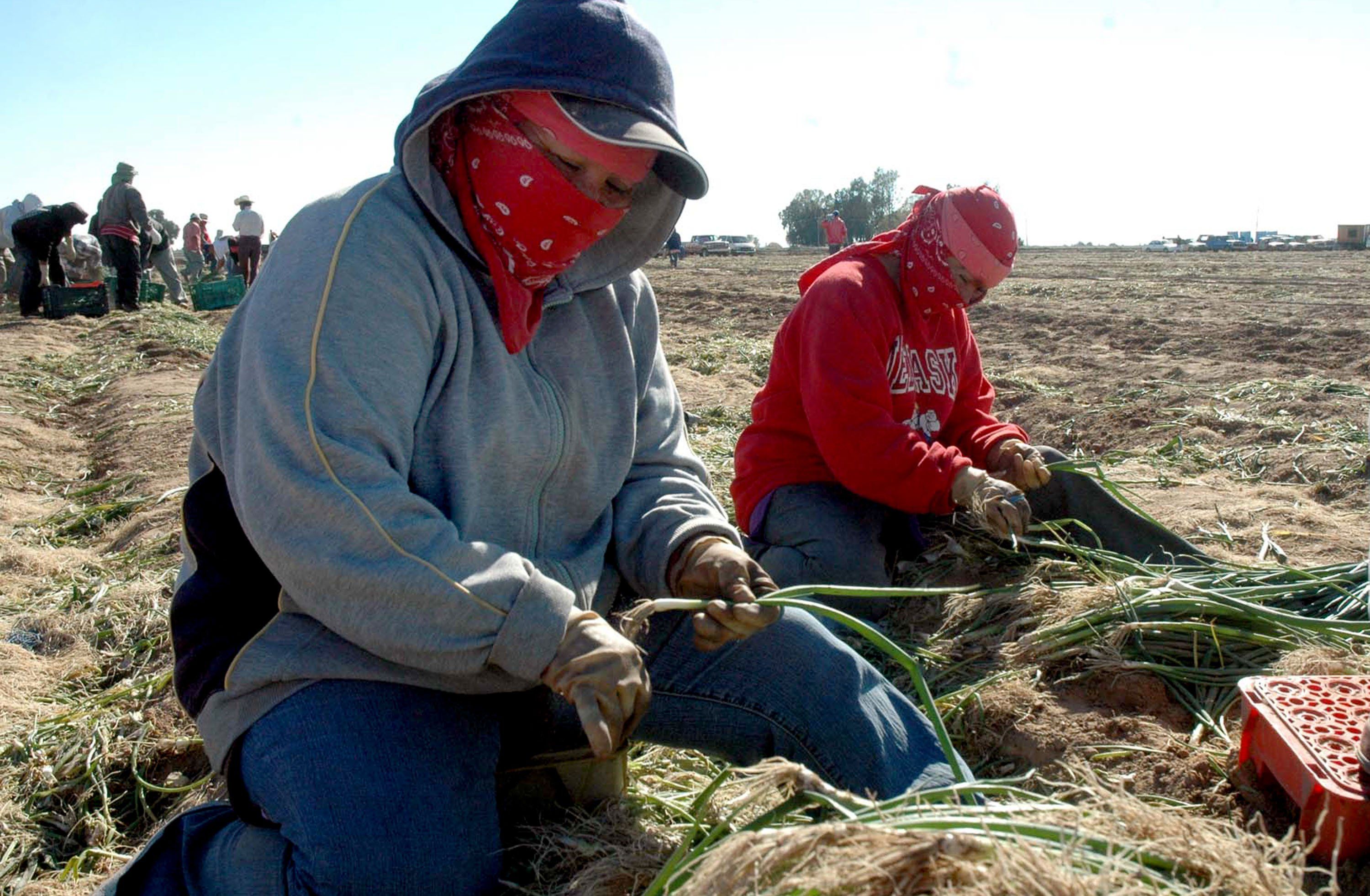The Colorado River supplies drinking water to 40 million Americans across seven states and helps irrigate 5.5 million acres of farmland. Negotiations were a difficult, months-long process, with states fighting for their cities, farmers, households, and industries to not pay the biggest price for the river’s shrinking water supply. They finally found common ground to avoid federal intervention, which would’ve doubled reductions.
But one party that was not at the negotiating table this week was Mexico, even though the river irrigates farmland in the Mexicali Valley. Ever since the US took control of the Colorado River to turn its desert into an agricultural heartland, Mexico’s water share has continually declined. Under the Mexican Water Treaty of 1944, Mexico is entitled to 1.5 million acre-feet of water per year. Last year, its share was cut by 5%, and it’s expected to lose 7% of its share of water this year.
The loss of river flow has already led to an 80% loss of Mexico’s Colorado River Delta’s forest and wetlands, which devastated the animals and indigenous communities that lived there. Mexican farmers are geographically last on the river’s path, and politically last when it comes to its water rights, which will make their jobs a lot harder as the mega-drought continues.
